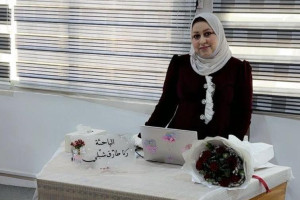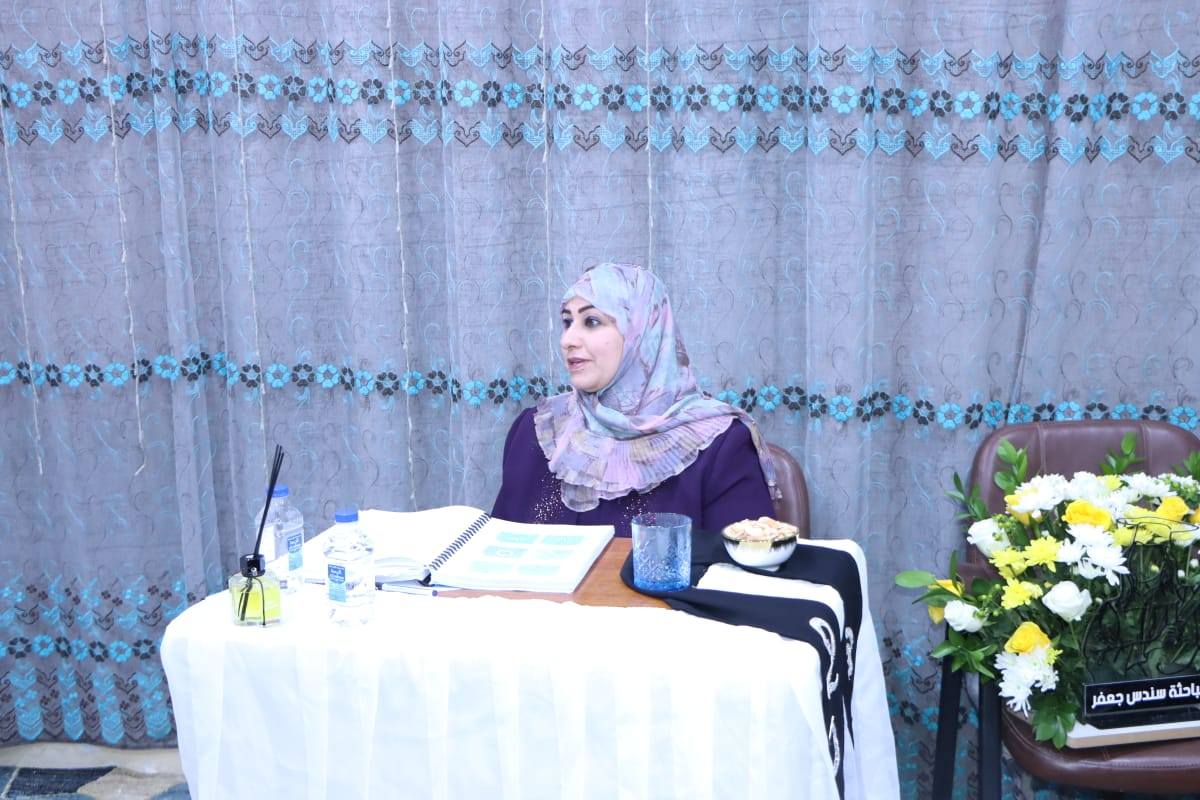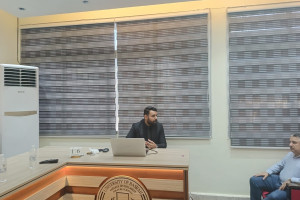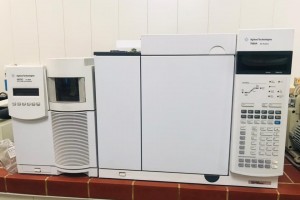
The College of Education for Pure Sciences, Department of Life Sciences, is researching a doctoral thesis on "The Effect of Oxidative Stress on Pregnant Mothers and Embryogenesis of Some Organs in Laboratory Rats." The thesis, presented by researcher Sondos Jaafar Razzaq, includes an assessment of the effects of cadmium chloride and cerium oxide nanoparticles on embryonic development, including tissue differentiation and skeletal differentiation, as well as their impact on gene expression of some genes related to tissue differentiation and the formation of cartilage and bones at different gestational ages, via intraperitoneal injection into female laboratory rats (Rattus norvegicus). The thesis concluded that cadmium chloride caused a significant decrease in fetal weights and lengths at five gestational periods: 7, 10, 12, 14, and 18 days of pregnancy. The placenta weights, heights, and diameters decreased at 14 and 18 days of pregnancy, compared to the control group. These parameters improved in the treatment with the combination of cadmium chloride and nano-cerium oxide compared to and became close to their levels in the control group. This indicates the role of nano-cerium oxide in mitigating the harmful effects of cadmium on fetuses and placentas. The results of histological examination of fetal sections showed that cadmium chloride affected the fetal cartilage, delaying its differentiation and delaying the secretion of intercalary material and cartilage ossification. However, there was clear cartilage differentiation and cartilage ossification in the cerium oxide nanoparticle treatment compared to the control group. The results of Alizarin red staining showed clear mineralization in most parts of the fetal skeleton at 18 days of gestation, starting with the skull, vertebrae, vertebral arches, and ribs, and extending to the shoulder girdle and forelimbs in the control group and the cerium oxide nanoparticle treatment. However, in the cadmium chloride treatment and the combination treatment, no mineralization was observed in the bones of the fetal skeleton. Gene expression results showed an increase in the activity of gene expression of some genes, especially Runx2, Aggrecan, Col2αI, and Ibsp, in fetuses whose mothers were treated with nano-cerium oxide compared to the control group at 7, 10, and 18 days of pregnancy. This was positively reflected in tissue differentiation, embryonic skeletal differentiation, and skeletal bone ossification in the nano-cerium oxide treatment compared to the decreased activity of these genes in the cadmium chloride treatment, which indicates the harmful role caused by exposure to cadmium.
 ..
..







